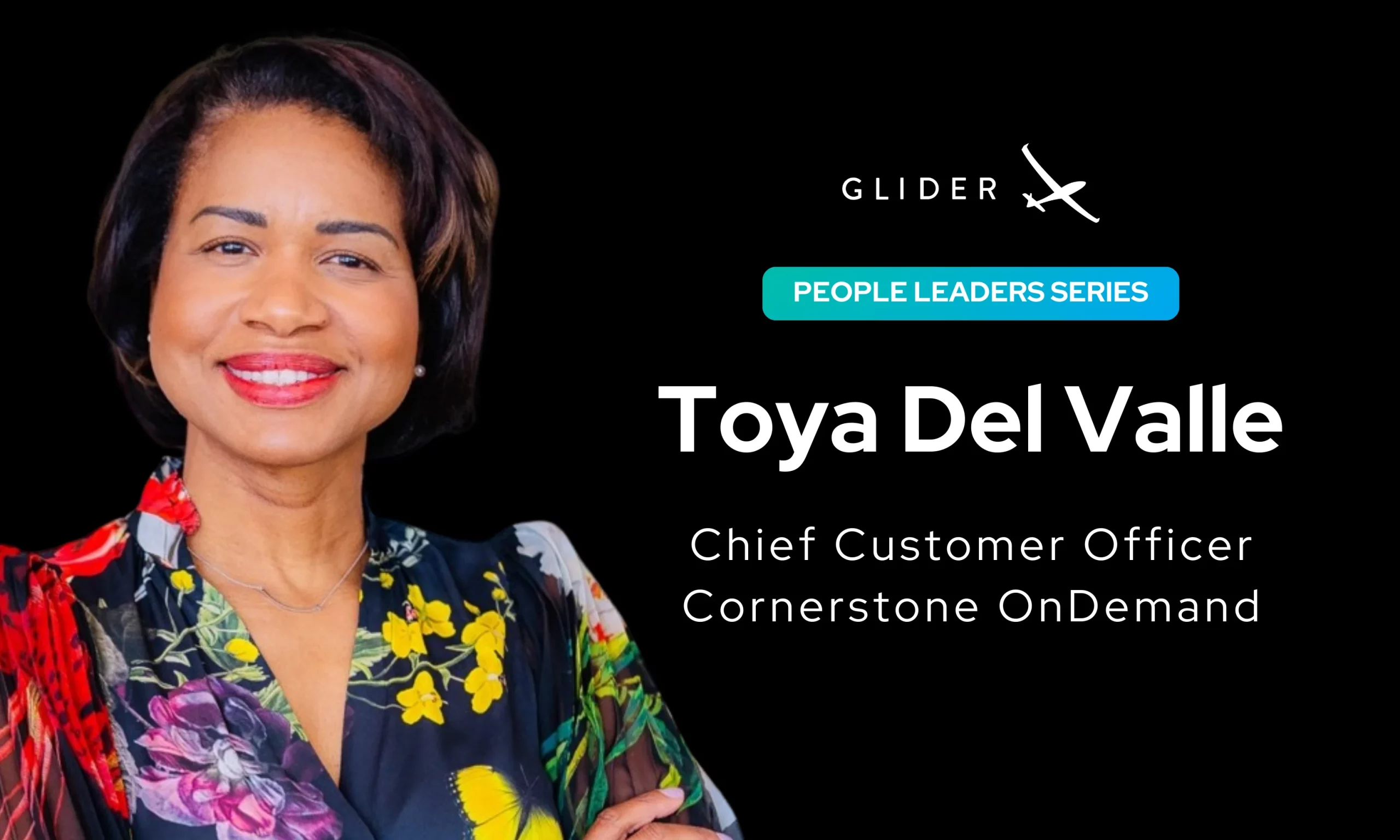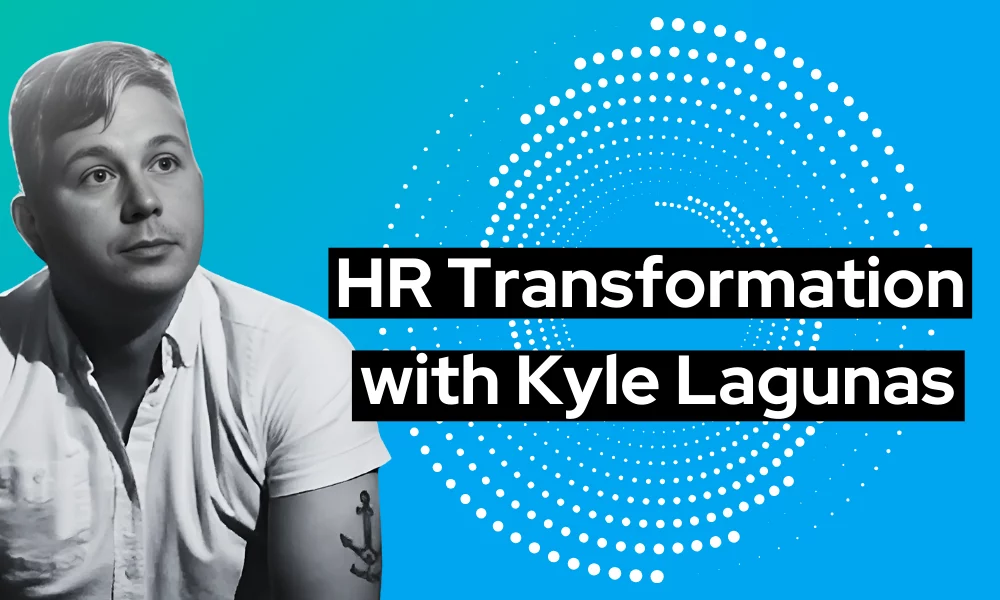
Make talent quality your leading analytic with skills-based hiring solution.

Adaptive learning technology is designed to tailor educational experiences to the individual needs of learners by providing real-time feedback, customized pathways, and appropriate resources. This approach moves away from the traditional one-size-fits-all model to a more personalized delivery.
Many companies are now using it for employee development, and it’s easy to see why. By injecting personalization into corporate training, adaptive learning creates a wide range of benefits for both employees and the organization:
Employees are more likely to stay actively engaged when employee training and development programs directly address their needs and challenges.
And of course, by equipping employees with the specific skills they need to do their jobs better, adaptive learning eventually helps companies build more competent and more productive workforces.
Adaptive learning technology doesn’t seek to replace trainers and educators — it simply amplifies their ability to deliver targeted learning experiences to more students at once. Think of it as a teacher assistant that can provide personalized guidance in a one-on-one setting, including additional support, remedial content, and even encouragement that’s tailored to each trainee’s distinct learning needs.
Adaptive skills — particularly problem-solving, flexibility, and the ability to manage change — are absolutely critical to have in a world where technological advancements and market dynamics continuously alter job roles and industry standards. Companies that invest in developing these skills help their workforce adapt to new tools and shifting business conditions, and this ultimately helps them maintain competitiveness.
Adaptive learning technology supports this by continuously adjusting learning materials based on the trainee’s evolving needs. With these AI-powered ongoing adjustments, you can be sure that your employee training programs remain relevant as your company’s strategies and job roles change. Incorporate this strategy into your employee training and development system if you are serious about building and maintaining a workforce that can thrive through market changes.
Are you still using the same training modules for all employees? It’s time to switch to adaptive learning. By analyzing this data with advanced machine learning techniques, this technology can provide precise learning materials and support right when employees need them. Whether the content is part of a structured curriculum or can be accessed as needed, the system ensures that all learning activities are not just relevant but also timely.
Modern learning journeys need to cater specifically to the strengths and weaknesses of each individual trainee. For example, they have diagnostic tools that can assess a trainee’s initial skill levels and learning style and then tailor content that challenges yet supports the trainee appropriately. These programs can also analyze training data and continuously refine learning pathways so that each module corrects deficiencies and builds on existing strengths in real time.
Even better, you can integrate adaptive learning into your career development program for employees to boost job satisfaction and retention. This technology can analyze the current skills of employees as well as their future career paths, and then help plot a career trajectory that aligns with each employee’s individual career goals and the organization’s strategic needs. As you know, when employees feel that you are actively addressing their specific needs and long-term career goals via training, they’re more likely to stay loyal and committed to the company’s success.
Interactive techniques, real-world simulations, modular content, and other dynamic learning experiences are extremely effective in boosting engagement because they allow employees to learn in a manner that best suits their styles and schedules. This variety ensures that training remains engaging and relevant, promoting better retention and application of skills.
1. Assessing Individual Learning Needs
Stop wasting time with generic training programs that don’t address individual needs and demonstrate measurable improvement. Adaptive learning uses scientific pre-assessments and skill evaluations to find out exactly what an employee’s aptitudes and blind spots are. This insight then allows it to tailor learning paths that target precisely what each trainee needs to excel.
2. Implementing Adaptive Learning Technologies
Lectures (no matter how well-delivered) can only go so far. What you really need in your employee development program are cutting-edge adaptive learning platforms that adjust the difficulty of the content based on the trainee’s performance. With this focused learning, you can maximize each module’s efficiency and impact.
3. Tracking Progress and Performance
Adaptive learning tools constantly track the trainee’s progress. This ongoing evaluation identifies what areas a learner needs to improve on and adjusts their learning path accordingly.
4. Providing Real-Time Feedback and Support
Do your current employee training and development programs take weeks to deliver feedback? Adaptive learning is the opposite — it can provide actionable insights immediately. These systems can give learners real-time assessments of their progress and even offer constructive criticism where needed. With this information, trainees and trainers can course-correct before it’s too late.
5. Integrating Personalized Learning into Workflows
Your employees’ time is valuable. Every minute they spend away from their core responsibilities costs the company money. Luckily, adaptive learning can integrate personalized learning seamlessly into workflows. Bite-sized learning modules, microlearning opportunities, and on-demand resources let trainees learn on their own schedules.
6. Fostering Collaboration and Peer Learning
Training shouldn’t be a solitary experience — after all, employees don’t work in a vacuum. They need to learn how to build stronger relationships within the team. This is why some adaptive learning platforms have discussion forums and chat features where trainees can ask questions and even explain concepts to each other, solidifying their own understanding in the process.

“The Perfect Candidate Just Hacked Us”: Inside the Global Playbook of Hiring Fraud That 100% test score might be your biggest red flag. Enterprise breaches don’t always start with phishing emails; sometimes, they start with a fake job interview. In this episode of Talented, Joseph Cole sits down with COO Ben Walker to unpack one […]

Can HR Stop Playing Buzzword Bingo with Skills and AI? If you’re an HR or TA practitioner or work in HR Tech in any capacity, AI and Skills-Based Hiring is what everyone is talking about. The problem? All the talk is diluting the importance of two very interrelated topics. Glider AI sponsored the Transformation Realness […]

Q&A with HR/TA Analyst Kyle Lagunas The traditional playbook that was HR is being rewritten. AI is reshaping work, skills-based strategies are transforming hiring, and HR teams are under pressure to deliver more with less. HR isn’t just about managing people anymore—it’s about engineering the future of work. In this Q&A session, Kyle Lagunas and Joseph […]